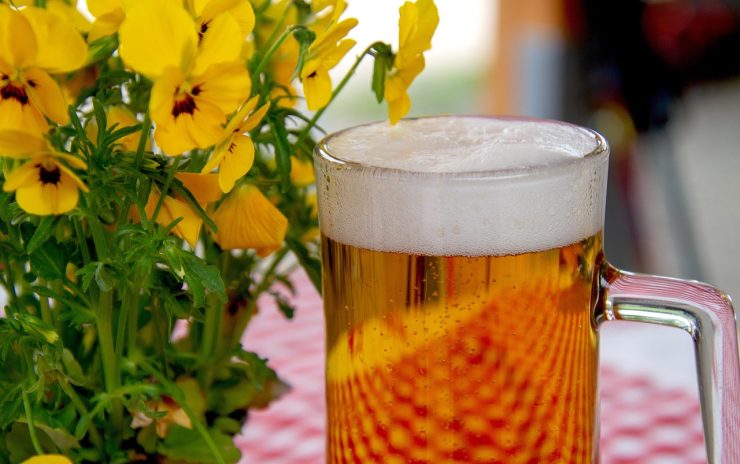It may come as a surprise, but health guidelines consider more than two glasses of wine per day for women—and three for men—to be excessive. That doesn’t leave much wiggle room. For those looking to cut back without giving up the occasional drink, there are now more options than ever that are lower in alcohol, calories, carbs, and sugar.
Among the newer options gaining popularity: hard kombucha, cider, beer, and wine alternatives. Here’s how they compare.
Hard Kombucha
Kombucha is well known for its health benefits. Traditionally, it contains probiotics, B vitamins, and organic acids that support immunity, energy, mood, and even liver detoxification. Now, brewers are applying similar methods to produce hard kombucha—fermented with a secondary yeast and sugar source to create drinks with alcohol levels between 3% and 8%.
Compared to beer or cider, hard kombucha can be lower in sugar and calories, especially when it’s fully fermented or sweetened with alternatives like stevia. Though it still contains some of the beneficial acids found in traditional kombucha (like acetic and gluconic acid), questions remain about the survivability of live probiotics in higher-alcohol varieties. Lab tests have found evidence of beneficial compounds even in harder versions, but overall, hard kombucha still qualifies as an alcoholic beverage—not a health drink.
Hard Cider
Cider is often marketed as a gluten-free alternative to beer. Made from fermented apples, it can contain some antioxidants from the fruit and even rival wine in polyphenol content. However, cider’s sugar content can vary widely—some versions contain as much sugar as soda.
To avoid the sugar overload, the best choice is a dry cider. These are usually lower in sugar and carbohydrates because the yeast has consumed more of the natural sugars during fermentation. Organic options are ideal, especially since apples tend to rank high for pesticide residue.
Beer
Beer’s composition—grains, hops, yeast, and water—offers a small amount of B vitamins and minerals, along with some antioxidants. Hops contain flavonoids that provide some protective benefits. However, beer is often high in carbohydrates, and styles like IPAs can contain 20 grams or more per 12-ounce serving.
Although gluten-reduced or gluten-free options exist, most beers still contain some gluten unless specifically brewed without it. Additionally, unless labeled organic, the grains used in beer may be treated with glyphosate or other chemicals.
Wine
Wine generally contains more alcohol per ounce than beer, cider, or kombucha—often 9–12% alcohol by volume. A glass goes further in terms of alcohol content, and for many, that’s a good reason to drink wine in moderation.
Red wine stands out for its antioxidant profile, particularly its polyphenols such as resveratrol. These compounds are believed to support heart health, reduce inflammation, and promote longevity. Research shows moderate wine consumption may be associated with reduced risk of heart disease and certain cancers. Natural and unfiltered wines can also support gut health by providing beneficial yeasts and bacteria.
As with any beverage made from fruits or grains, how the ingredients are grown matters. Organic wines avoid synthetic pesticides, and organic beers and ciders reduce exposure to glyphosate and other harmful chemicals.
Choosing the Best Option
Each beverage has its own pros and cons:
-
Hard Kombucha offers lower sugar and carbs with some health-promoting acids.
-
Dry Cider provides a gluten-free option but varies widely in sugar content.
-
Beer can offer some B vitamins and antioxidants but tends to be high in carbs and may contain gluten.
-
Wine, especially red, offers powerful antioxidants and lower calorie counts per glass—but it’s higher in alcohol.
For those seeking a healthier alcoholic option, it’s best to choose organic, natural, and low-sugar beverages—and to stick with moderation. A single serving of any of these drinks can provide a balance between enjoyment and well-being.











